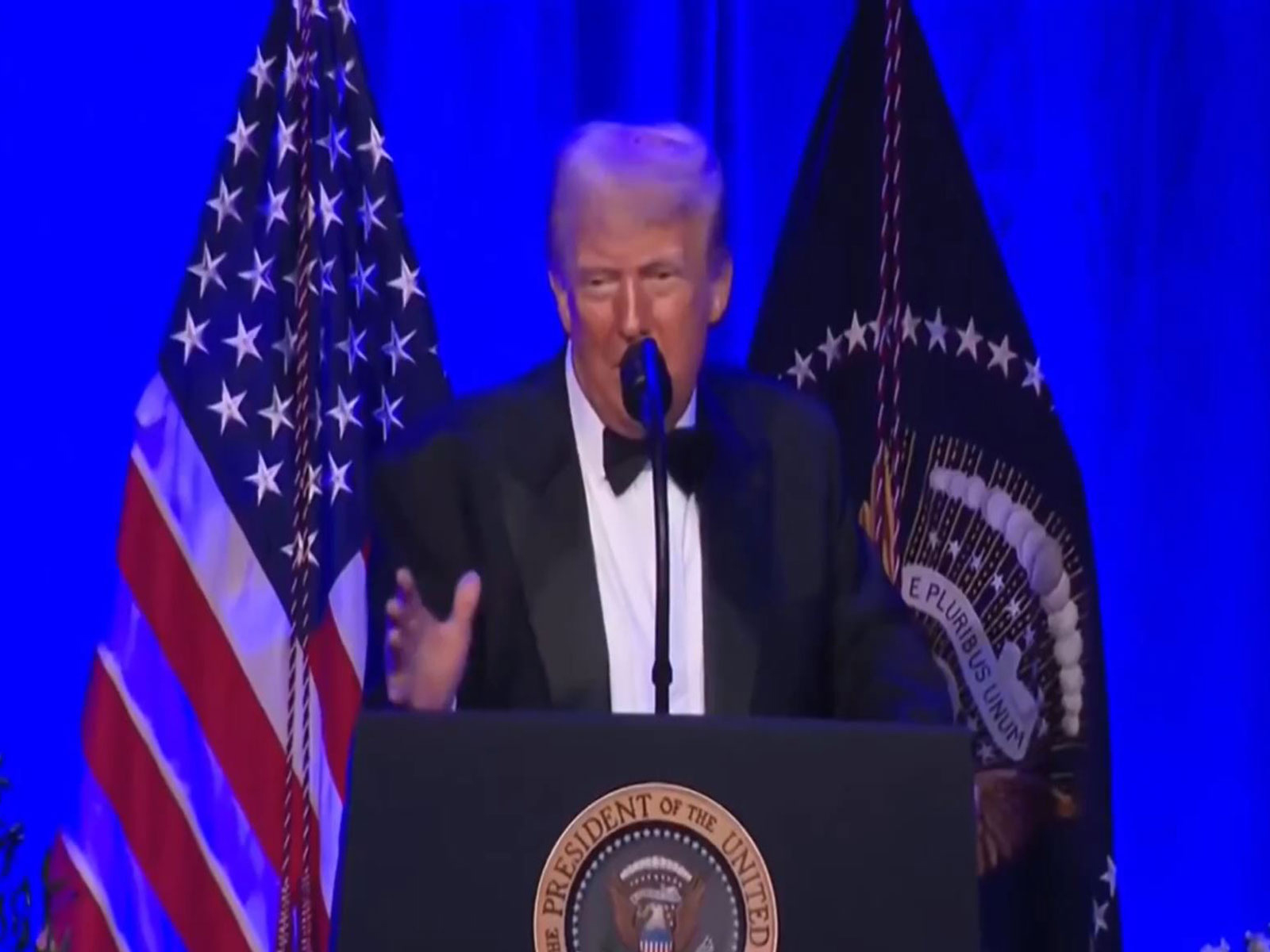Trump's Controversial Claims on Vaccines and Tylenol Stir Medical Debates
In an unusual press conference, Donald Trump linked autism to vaccines and Tylenol, contradicting scientific consensus. His recommendations, including changes to vaccine schedules, lack medical backing. Kenvue, Tylenol's maker, and medical experts refute these claims, emphasizing vaccines' safety and necessity.

In a striking White House press conference, former President Donald Trump drew connections between autism and childhood vaccines, as well as the popular pain reliever Tylenol, specifically when used by pregnant women and young children. These assertions sharply contrast with longstanding scientific data.
Despite lacking medical credentials, Trump, accompanied by vaccine skeptic Robert F. Kennedy Jr., urged reconsideration of vaccines' role in autism, a notion widely disputed by the scientific community. Kenvue, producer of Tylenol, and health societies vehemently opposed Trump's unfounded claims.
Trump's remarks shook Kenvue's stock, causing short-term declines. The announcement echoed his pandemic-era briefings, where he notoriously dispensed unscientific advice. Experts stress vaccines' life-saving contributions, countering Trump's baseless claims that risk public health misinformation.
(With inputs from agencies.)
ALSO READ
Bill Gates and Robert F. Kennedy Jr.: A Vaccine Policy Standoff
Nzimande: Science and Technology Are Social Tools, Not Neutral Instruments
Unlocking the Mystery of ASMR: The Science Behind the Tingles
CSIR Showcases Gender-Inclusive Innovation at UN Science Summit SSUNGA80
Quantum Leap: Bridging Science and Society at ICEQSM 2025










